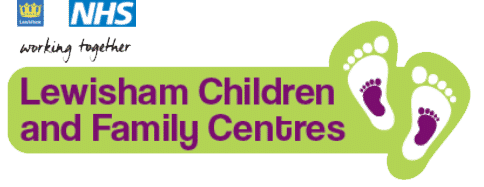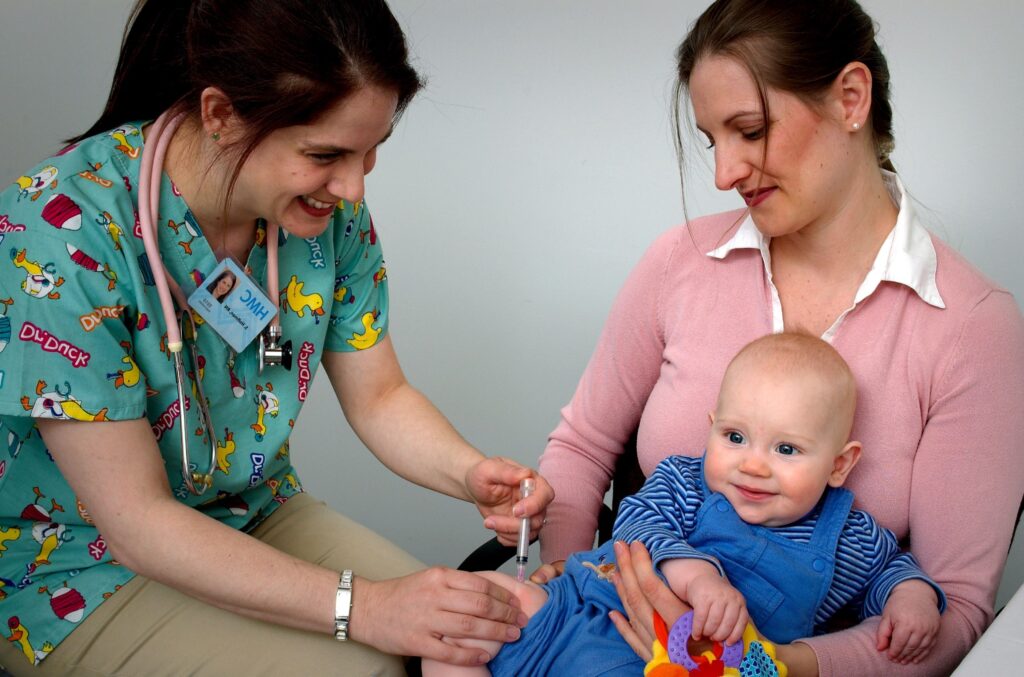According to NHS England more than 32,000 children across London at risk of catching measles as new school term gets underway
- Nine in ten unvaccinated classmates susceptible
- MMR uptake lowest in a decade
- Measles cases rising in London
With millions of children across the country going back to or starting school this term, the NHS is urging parents to check that their children are up to date with their MMR (Measles, Mumps and Rubella) vaccinations in the wake of measles cases rising across the country.
Measles cases are rising in England, particularly in London. Measles is more than just a rash and can lead to serious illness. Now more than ever, it’s important to ensure that you protect your children’s health by getting them vaccinated.
Dr Oge Ilozue, GP and Senior Clinical Advisor, NHS London Vaccination Programme said:
“Measles can start with cold like symptoms such as a runny nose, sneezing and a cough with a rash not showing until they have been infectious for up to four days. In a classroom it may not be easy to spot that they have the measles infection at first and before they have a rash they could have infected nine out of ten of their unvaccinated classmates.”
NHS facts about measles:
- Measles cases are rising. There is no specific treatment for measles and the MMR vaccination gives the best possible protection against illness.
- Between 1 January and 30 June there were 128 cases of measles, compared to 54 cases in the whole of 2022, with 85 (66 per cent) of the cases detected in London although cases have been seen in all regions.
- Just one person with measles can infect nine out of ten people who have not had the MMR vaccination.
- Measles is more than just a rash, in some cases it can lead to meningitis and sepsis, causing real risk to life.
- 1 in 5 cases of measles cases requires a hospital visit
- Since the measles vaccine was introduced in the 1960s over 20 million cases have been avoided, saving over 4,500 lives.
- The Measles, Mumps and Rubella (MMR) vaccine is safe and has been used since the early 1980s.
- Measles is completely preventable with the MMR vaccine. Two doses provide over 99% protection.
- Young children are offered one MMR vaccine after their first birthday and the second before they start school, usually at around 3 years and 4 months. This is because two doses of the MMR vaccine provides the best possible protection against measles, as well as mumps and rubella.
- 95% MMR vaccination uptake, the target set by the WHO, is enough to create herd immunity, protecting those who are not able to be vaccinated, such as babies under one years old, and stop measles circulating
- Measles is highly infectious respiratory infection and can be passed on up to four days before a rash appears.
- The WHO declared measles as one of the world’s most contagious diseases
The NHS offers safe and effective routine vaccinations for measles, mumps, rubella (MMR) as well as for other illnesses such as polio, that can be serious and potentially life-threatening. Our local NHS has lots of information including a useful timeline where you can see at which age immunisations are due.
Visit selondonics.org/childrenshealth, Lewisham and Greenwich Health Visiting Webpage on vaccinations or speak to your GP to help your children stay well and get protected.
Vaccinations are free of charge and available to every child from the NHS
If your child is not registered with a GP, they are still entitled to free vaccinations to protect them including against MMR and polio.
Anyone in England can register with a GP surgery. It’s free to register. You do not need any proof of address or immigration status, ID or an NHS number.
Click here to find a GP local to you.
Download the A guide to immunisation for babies born on or after the 1 January 2020 here.






